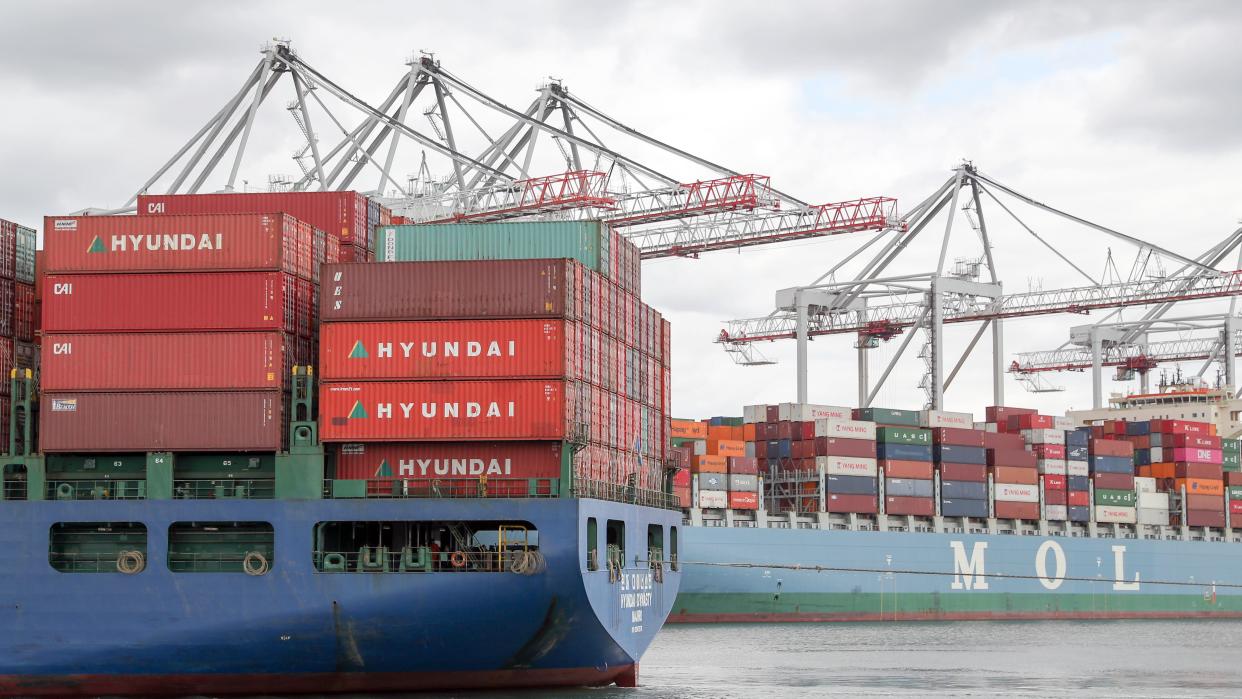Manufacturers shrug off shortages to beat expectations in August

The UK’s manufacturers shrugged off shortages and delivery issues to show a better-than-expected performance last month.
Confidence is at a three-month high and employment has risen for the eighth month in a row, according to an influential survey.
The IHS Markit/CIPS Manufacturing Purchasing Managers’ Index (PMI) hit 60.3 in August, a small slow-down from July’s 60.4.
Economists had predicted a 60.1 score for the index, according to a consensus supplied by Pantheon Macroeconomics, making it the second month in a row that the sector has beaten expectations.
Although the score is a slow down from May, when it reached well above 65, anything above 50 represents growth. Apart from the high levels seen in 2021, August’s growth is the highest in the past decade.
It came despite major delays in supply chains. The only time in the survey’s history when things have been this bad was in April last year, the early days of the pandemic.
Researchers put the delays down to everything from shortages to shipping delays, Brexit and staff shortages in the logistics industry.
“A wide range of factors contributed to the disruption, including port capacity issues, international shipping delays, the reimposition of Covid restrictions at some key points in global supply networks and ongoing issues post-Brexit,” said Rob Dobson, director at IHS Markit.
“With all of these factors likely to persist for the foreseeable future, manufacturing could well see a further growth slowdown in the coming months.”
Employment also rose by one of the greatest extents in the history of the survey, though some manufacturers reported both labour and skills shortages.
Prices rose in the sector, at the fourth fastest rate since the survey began, and manufacturers passed on part of these increases to their clients.
As a result, average selling prices rose at one of the fastest rates on record.
“The impact of supply issues is also feeding through to rapid price inflation,” Mr Dobson said.
“Rates of increase in both input costs and selling prices remained close to record highs in August, as rising demand chased constrained supply and companies moved to pass on price increases to clients and consumers alike. This is affecting most markets, but especially autos, metals, food stuffs and electronics.”


